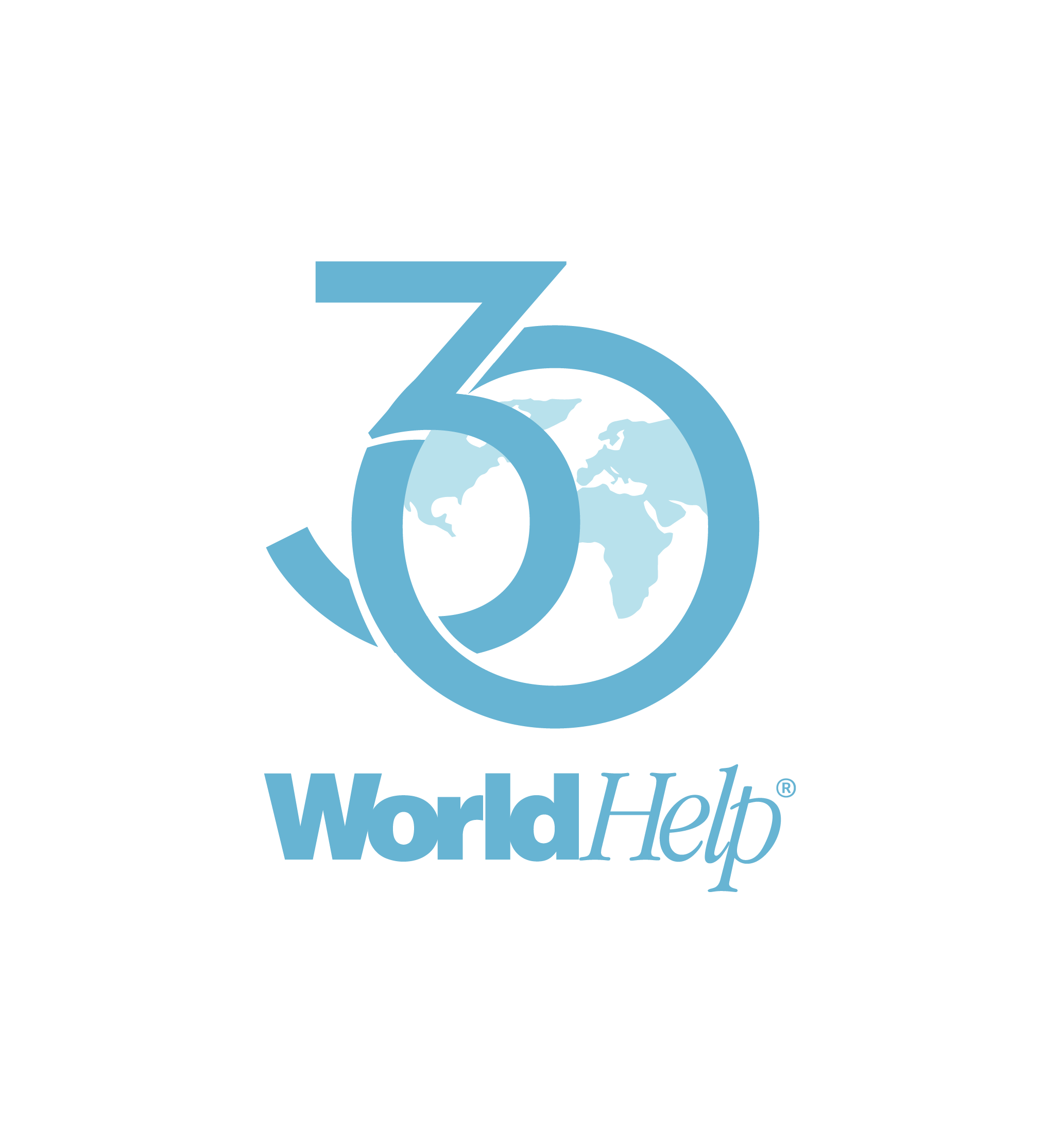On a cool spring morning in 1946, British Prime Minister Winston Churchill addressed the students of Westminster College. At this small school in rural Missouri, he gave a historic name to the ideological barrier dividing post-war Europe at the time: the Iron Curtain.
For people born and raised in the past 30 years, the Iron Curtain is just a chapter in a history textbook. But during the last half of the 20th century, it shaped the entire lives of those who lived on either side of the Curtain.
After the Allies won World War II, Europe was split between the Western capitalists and the Soviet communists.
For people on the Western side of the Iron Curtain, life was relatively similar to modern-day Europe … but for those under Soviet rule, it was a radically different story. Christians especially suffered, facing growing persecution across Eastern Europe over the next 45 years.
Fortunately, the Iron Curtain fell in 1989 when the Berlin Wall was torn down and the Soviet Union began to collapse. In its place rose 15 independent nations, most of which established laws to protect religious freedom. However, communist state-sanctioned persecution still exists in some countries today — most notably in North Korea.
Why Communists Have Always Hated Christianity
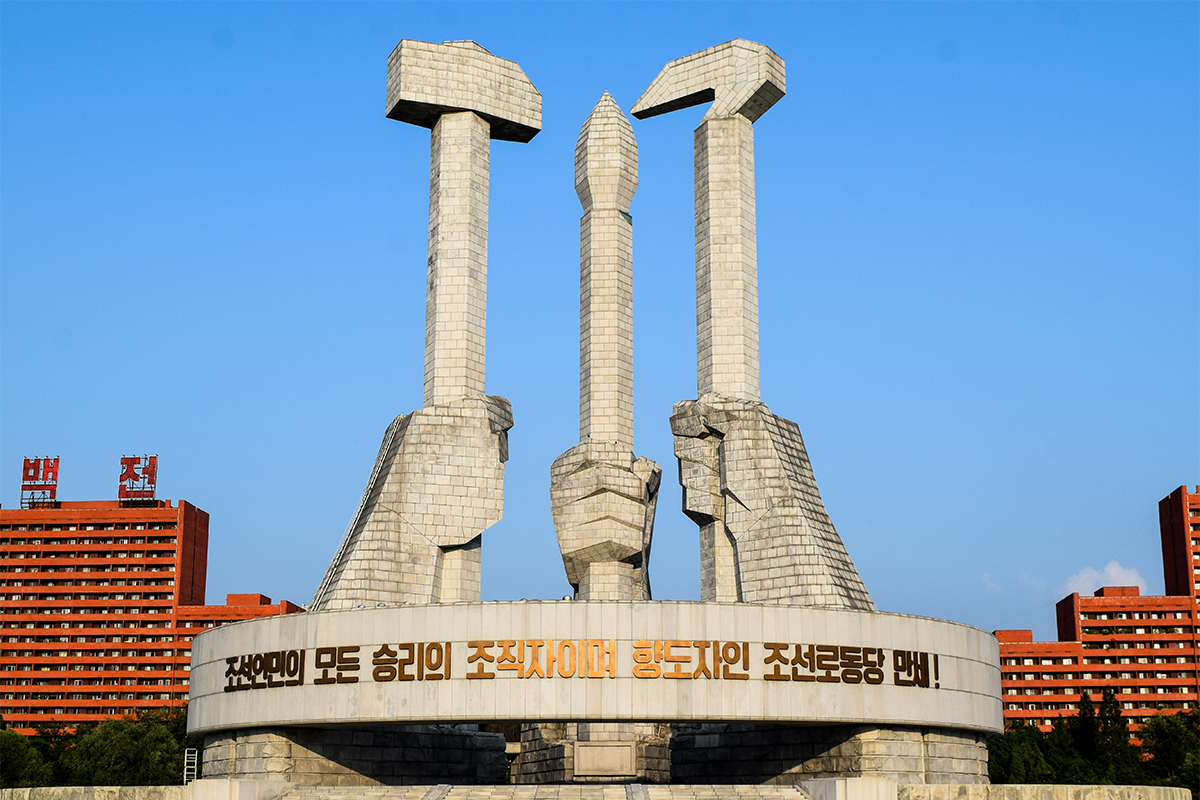
Christians in North Korea risk severe punishment or death if their faith is discovered
North Korea has been at the top of persecution lists for decades. But something beyond location separates it from many other countries on those lists — it’s a communist nation.
Today, North Korea is an echo of the religious and ideological landscape in Eastern Europe during the 1960s.
During that time, Christian persecution mainly manifested in countries under Soviet control, like Romania, Hungary, Czechoslovakia, and Bulgaria.
But why were these communist governments so hostile to the Christian faith?
Early leaders in the communist party named religion as one of the greatest threats to the “revolution” that would usher in a new, classless society. Karl Marx, the co-author of The Communist Manifesto, once declared, “Communism begins where atheism begins.”
In the eyes of communists, religion would hold people back from achieving true progress and freedom. So, what did this mean for Christians under communist rule in Eastern Europe?
Depending on where they lived, persecution was either more or less prominent — but it was always there. In every country behind the Iron Curtain, the ruling Soviets viewed Christianity as a threat.
In many places, authorities imposed strict rules on churches. They had to register with the state, and they couldn’t speak negatively about the government. However, their registration applications rarely got approved. That means churches were forced to shut down or operate illegally.
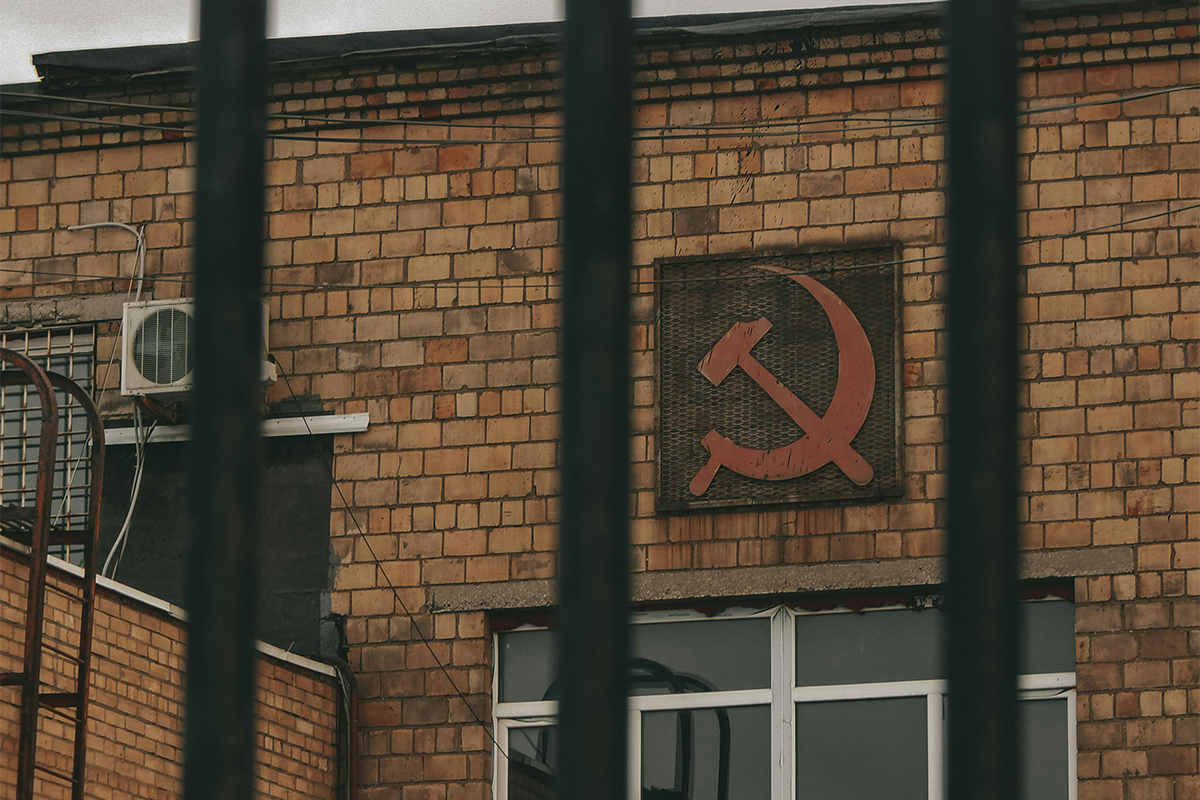
Christians living under communism were forced to hide their faith or risk punishment
In other places like Czechoslovakia, citizens couldn’t openly talk about their faith in the workplace. Doing so not only risked their jobs but also their entire careers.
As a product of Soviet influence, it comes as no surprise that North Korea’s government today also persecutes anyone who doesn’t worship the state.
North Koreans who confess to following after Christ face jail time in labor camps or execution. Even owning a Bible is highly illegal, and anyone caught with God’s Word is severely punished.
Because of these dangers, North Korean Christians must take the utmost care to worship and pray in secrecy. They often write memorized Bible verses on scraps of paper that are easily hidden. And when they meet together, they do so at great risk, knowing they are constantly being watched.
Fighting Faith by Targeting the Next Generation
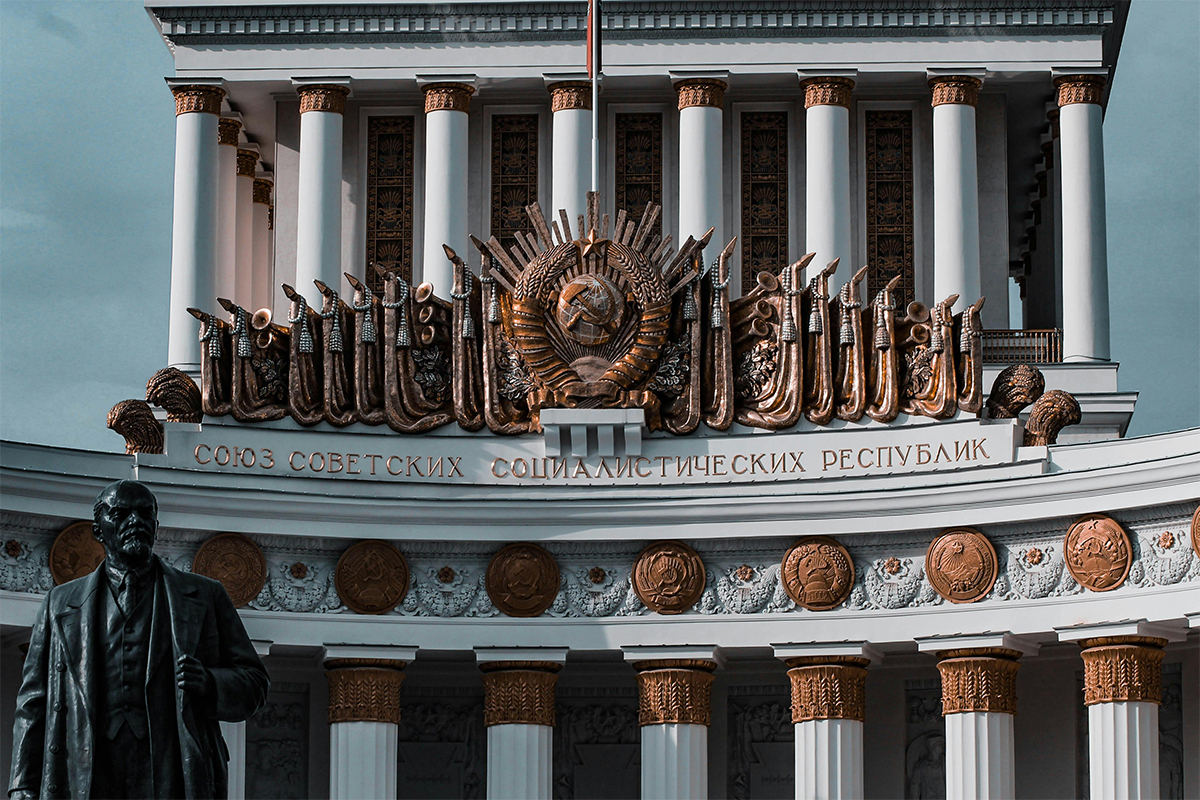
Children living under communism were especially targeted by the government
Before the Iron Curtain fell, children were a point of contention between Christian families and the communist governments. As the building blocks of the next great generation, churches and governments battled for children’s attention during the impressionable stages of youth.
As a result, governing bodies tried to keep children out of church. Communist leaders imposed age restrictions on attending services and prohibited pastors from preaching to boys and girls.
In East Germany, special efforts were made to draw children away from the church through patriotic substitutes for Christian ceremonies.
Instead of baptisms, parents were encouraged to participate in a Welcoming Service for their children. When their baby was registered, relatives and friends were invited to a celebration where the baby was officially welcomed as a member of the state.
The East German government also introduced “Youth Consecration,” where students would pledge their allegiance to the state. This created tension between the church and the government because Christian children were often forced to choose between attending Youth Consecration with their classmates or being accepted into the church.
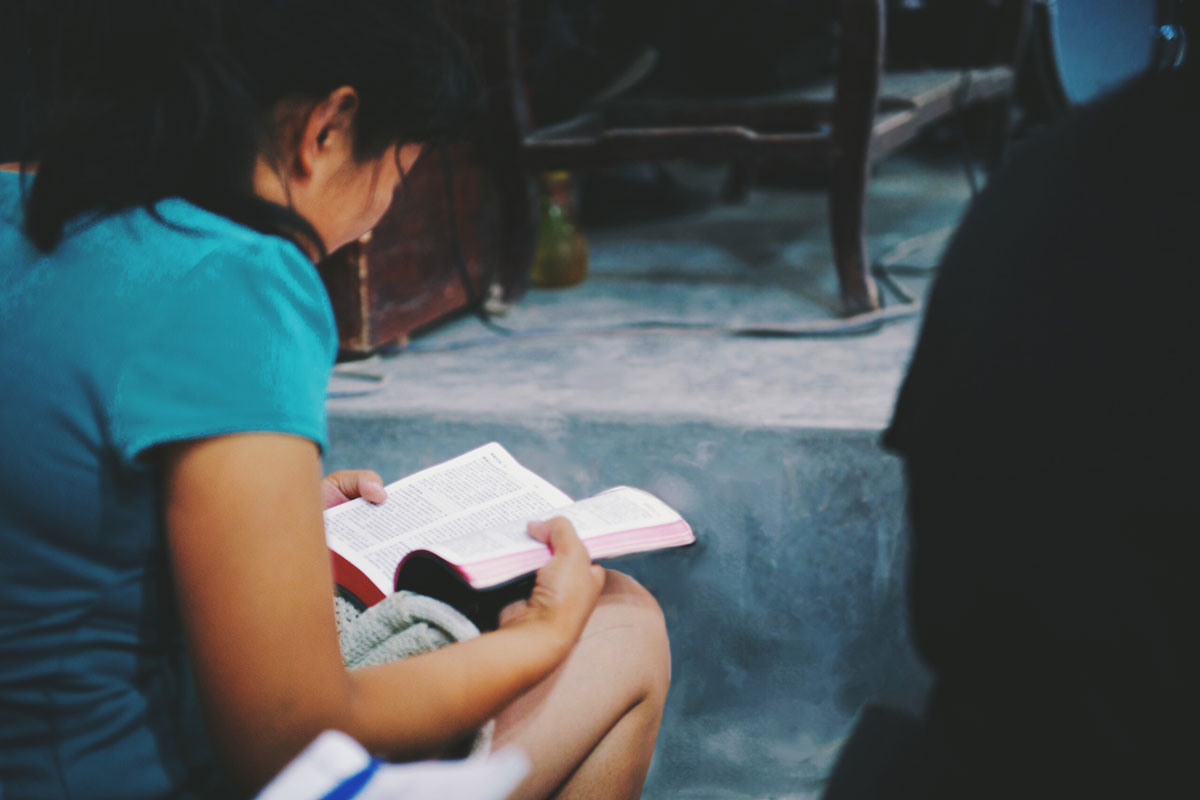
Christian parents in North Korea must be especially careful
North Korea has taken the same strategic approach, turning children into weapons in its fight against the influence of Christianity.
One North Korean defector shared that there was a homework assignment in his state-run school that he wishes he had never done. His third-grade teacher announced that she had a special task for them to do when they went home that day.
“When you go home, I want you to look for a Book,” she said. “Normally [the Book] is black. Normally, it’s hidden, and your mom or dad read it when you are asleep. If you look hard enough, you can find this Book. And if you bring it, we will honor you.”
The next day, each of the students who had returned with their parents’ Bible had received a red scarf — the sign of a good communist student — as a reward.
But they never saw their parents again.
It’s Not Only Persecution Killing the Christians
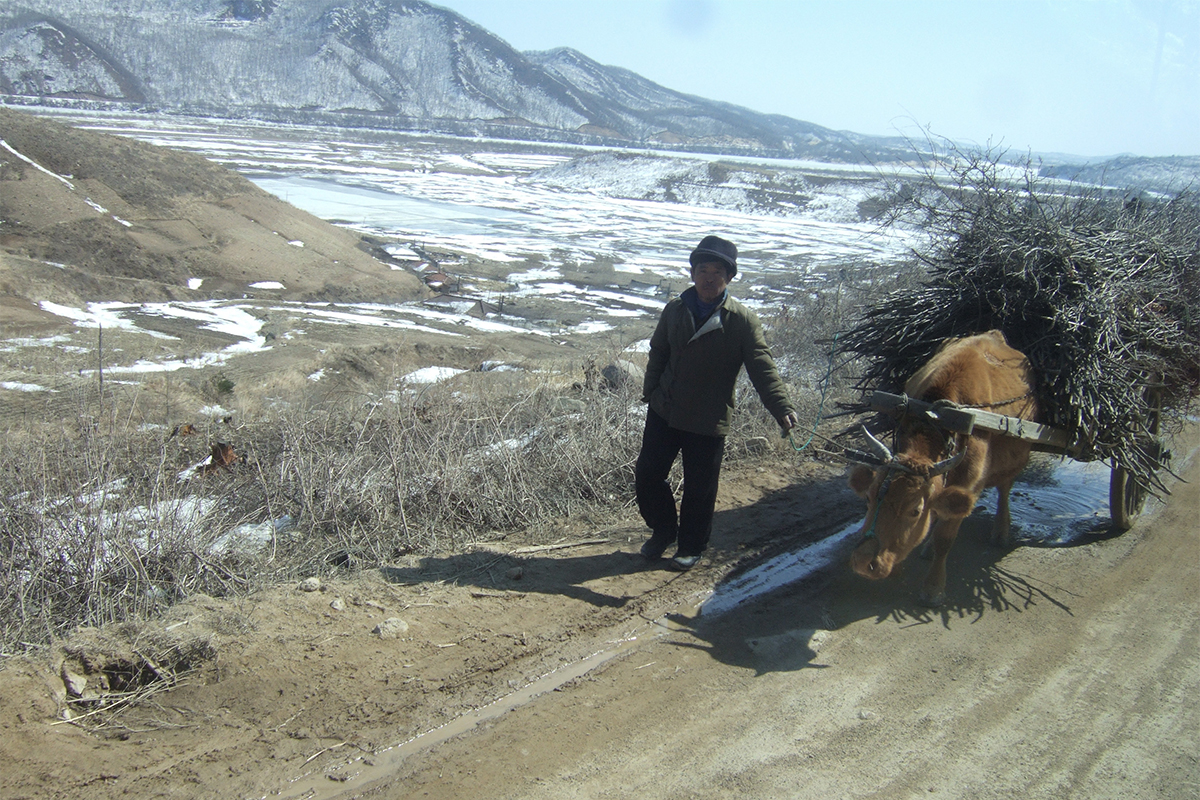
North Korean Christians are also facing an ongoing hunger crisis
As if this kind of unimaginable persecution weren’t enough, people under communist rule often suffer from severe food shortages as well.
Eastern Europe under Soviet rule was a bleak place after World War II. People couldn’t afford what little food was available, and hunger was rampant. Ongoing droughts also made the situation worse. Low meat and grain production meant less food was available for hungry, war-weary people.
Today, the situation is much the same in North Korea.
North Korea’s serious food shortages began in the 1990s when a devastating famine ravaged the nation. Around this time, major floods destroyed large amounts of farming land, and a years-long drought followed soon after. Faced with a food crisis and a series of failed harvests, North Korea was plunged into a famine that reportedly killed at least 1 million people.
The nation recovered from the extreme famine, but its impact has never truly gone away. And now, things are getting worse again.
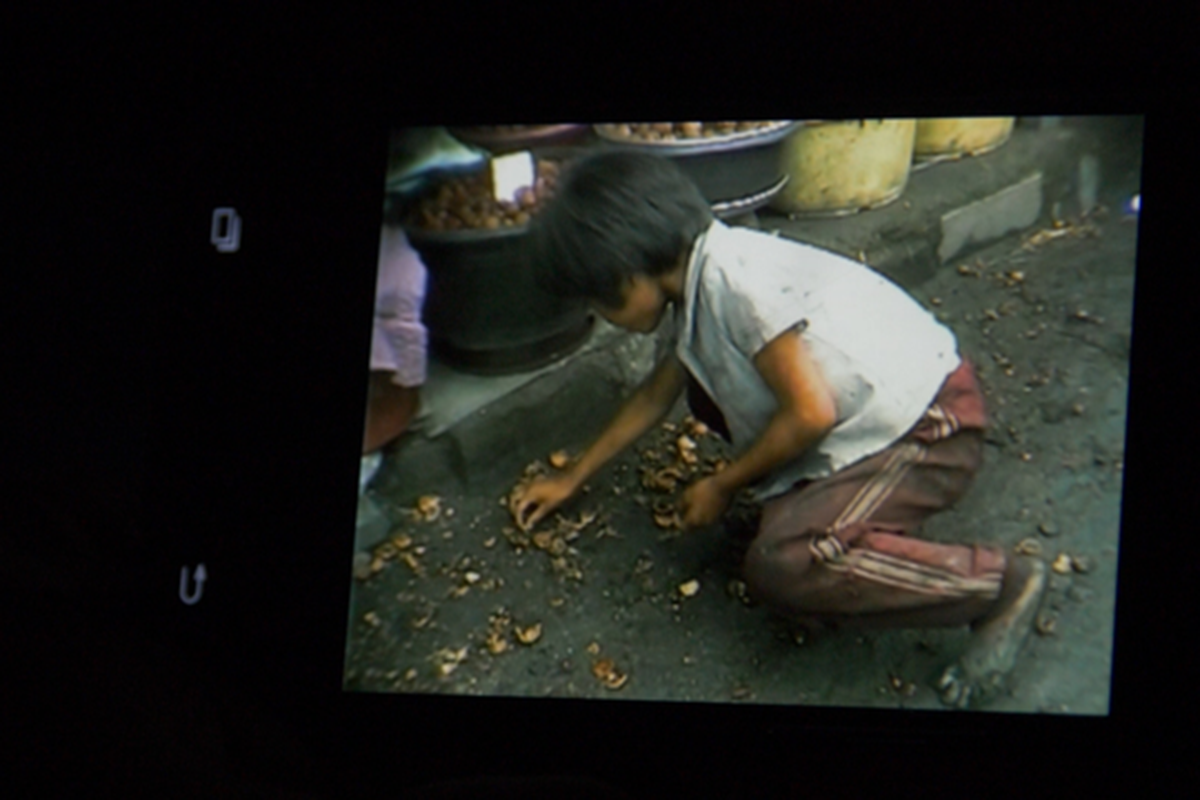
Impoverished children suffer the most during a food shortage
Since the Hermit Kingdom has cut itself off from much of the world, trading only with limited allies like China, a large portion of the nation’s food supply comes from its own farms. That means that when the crops fail, people starve.
Recently, floods and typhoons, followed by the nation’s second-worst drought in history, led to a famine that Kim Jong Un himself compared to the historic food shortage of the ‘90s.
The situation is so desperate that many people risk sneaking across the border — where guards have orders to shoot defectors on site — so that they can look for food in neighboring nations.
Despite Everything, There is Hope
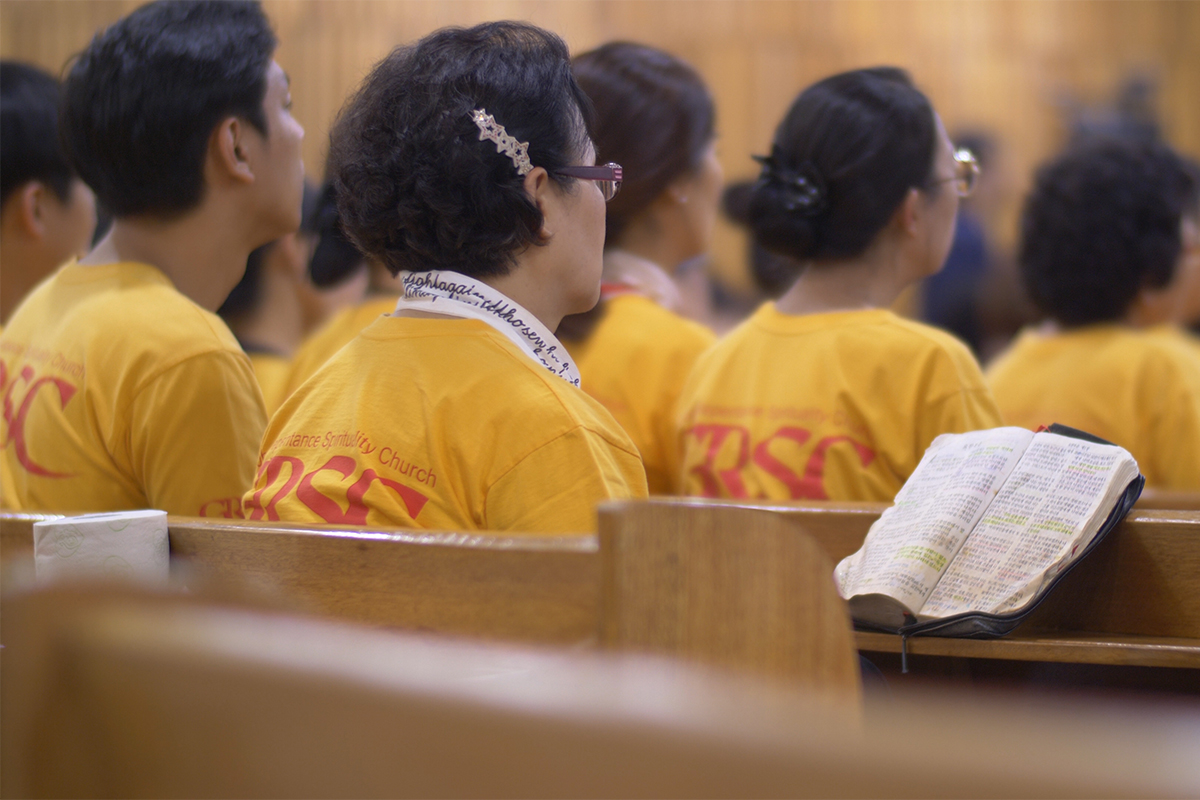
No border or leader can stop God from working in North Korea and worldwide!
Despite these immense struggles, there is still hope for the Church in North Korea, just like there was for the Church in Eastern Europe.
Back then, thanks to people like Brother Andrew — a Bible smuggler who preached in Eastern Europe during the 1960s — Christians were encouraged through God’s Word.
Christ-followers under Soviet rule turned to God for their strength and provision. They knew that even in their darkest hours, He never left them, even for a moment. It was God who saw them through their greatest times of need.
Similarly, the underground church in North Korea continues to grow amid persecution.
Christians are begging for Bibles … they believe that having their own copy of God’s Word so they can learn more about their Savior is worth any risk.
And just like Christians during the Soviet rule, the North Korean believers want to spread the Gospel … but they need our help.
What You Can Do
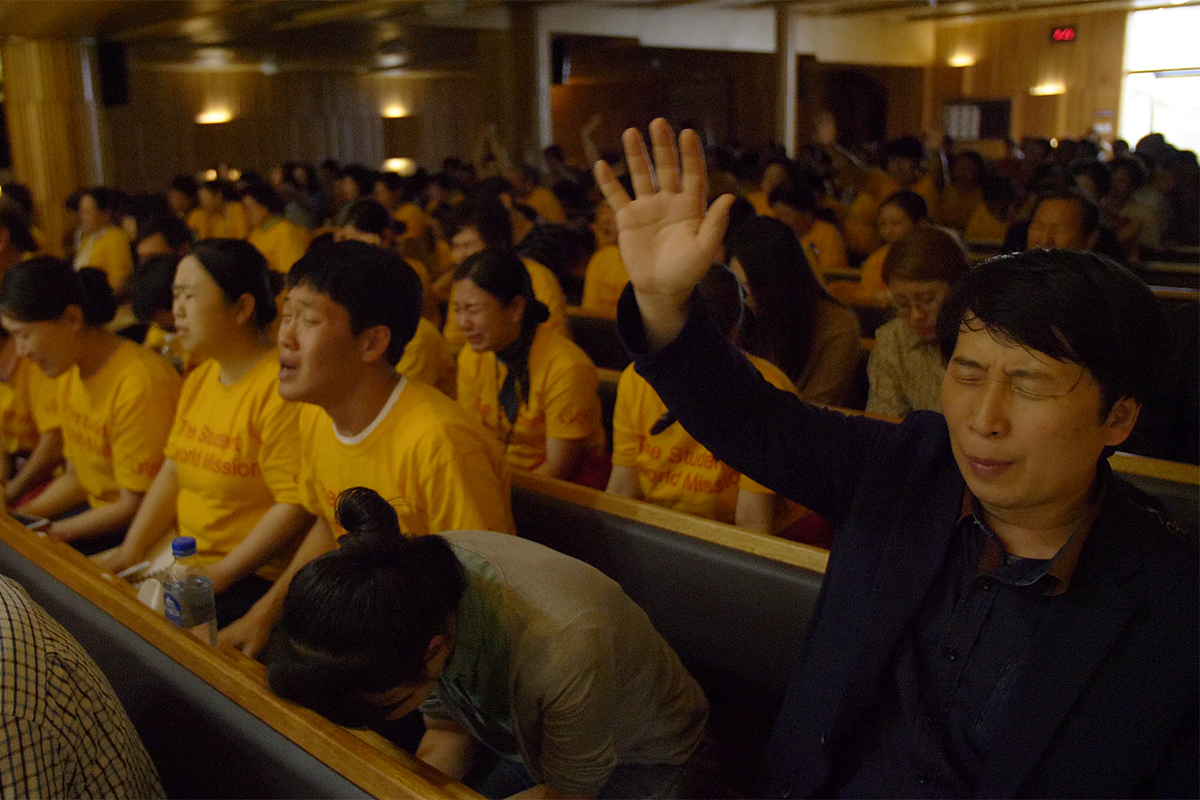
This International Day of Prayer, you can shine the light of Jesus in North Korea!
This Sunday, Nov. 3, is International Day of Prayer for the Persecuted Church. Will you join Christians worldwide in praying for persecuted Christians in North Korea and other parts of the world?
You can also make a financial gift of just $20 to provide one North Korean in need with a week’s worth of food plus their very own Bible.
Sixty years ago, God used His Church to provide for persecuted Christians inside the Soviet Union. He showed that no border, government, or ideology is strong enough to stop the Gospel. Today, He still uses those willing to be the hands and feet of Jesus to people in need.
Thank you in advance for standing with persecuted Christ-followers worldwide and reminding them they’re never alone.




